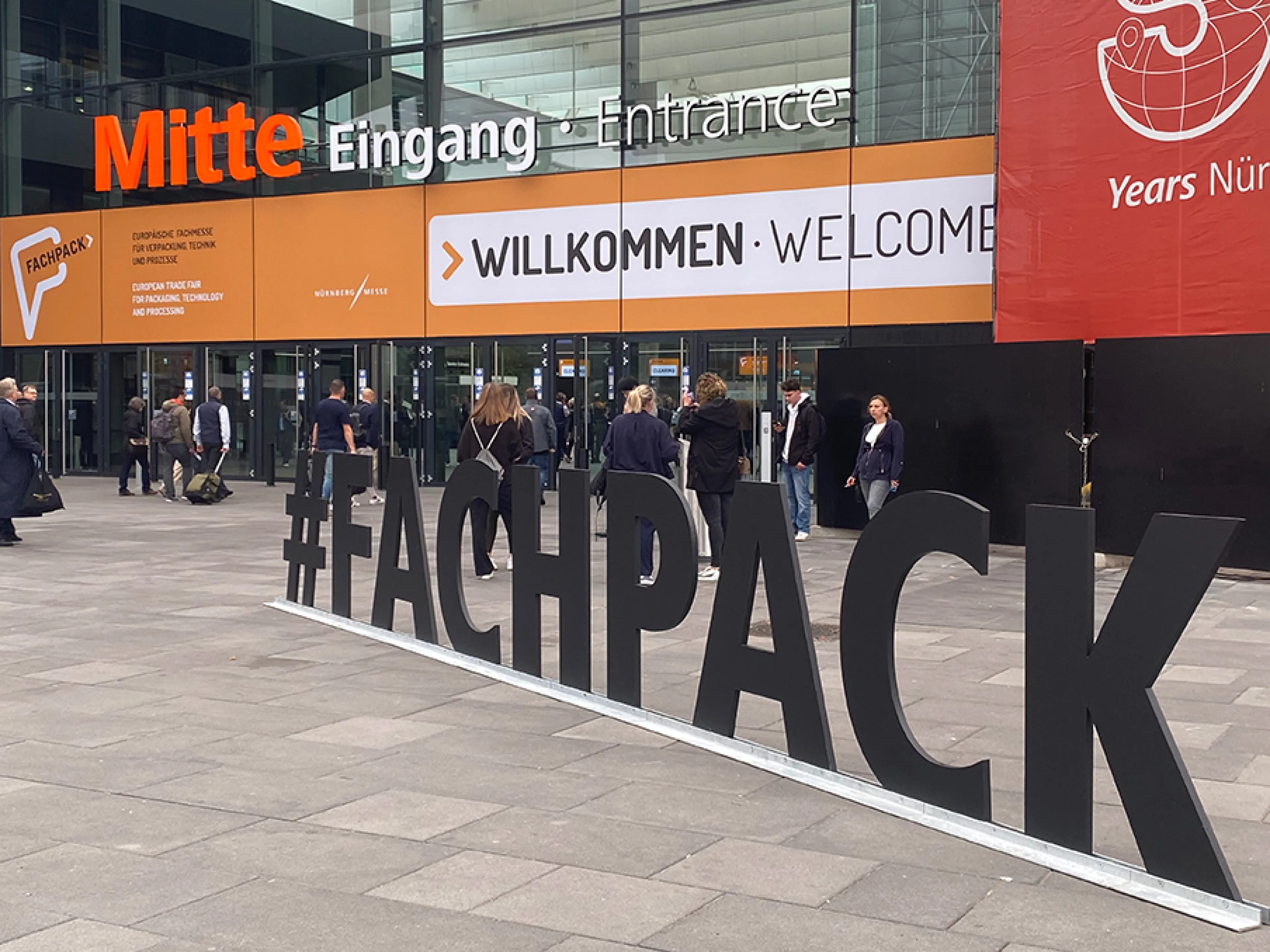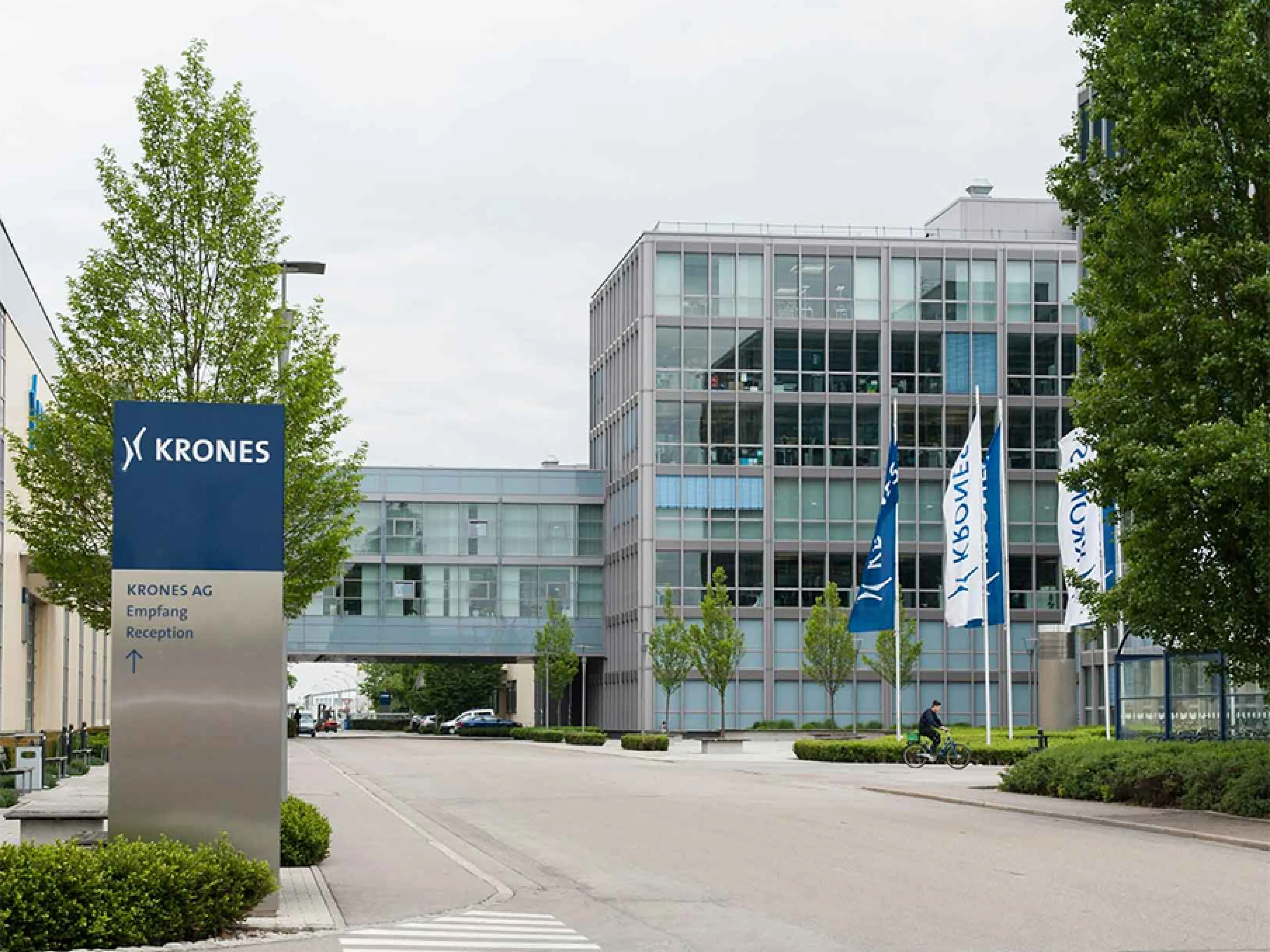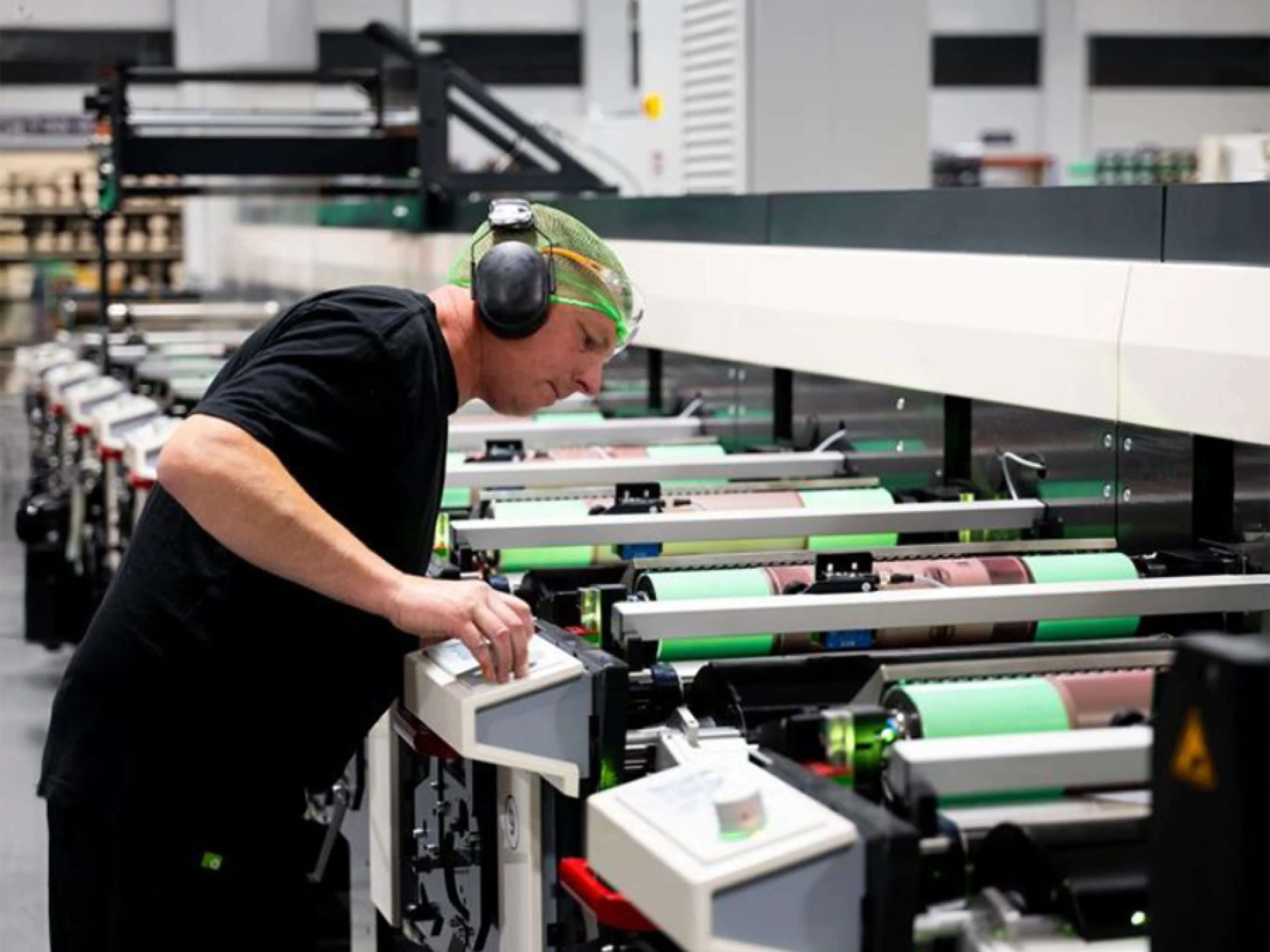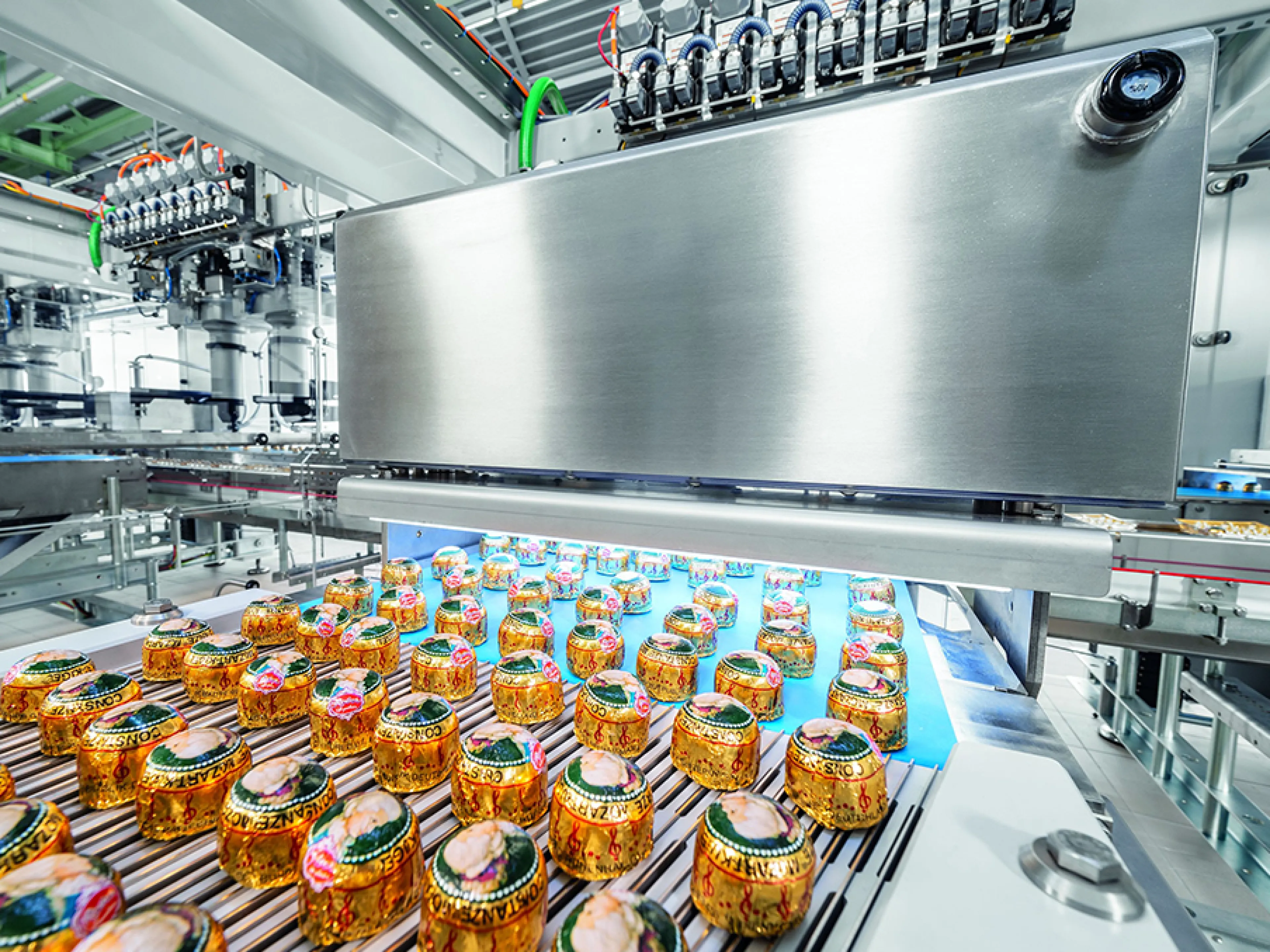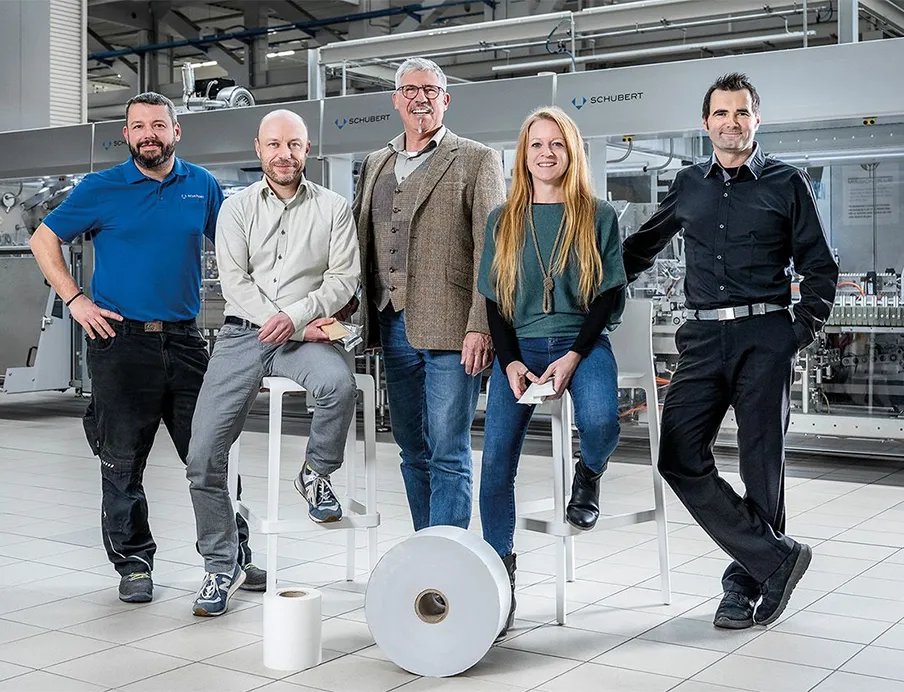
Gerhard Schubert and packaging consultancy Berndt+Partner Group are pooling their expertise in the Packaging Competence Centre, PCC for short. Experts from the fields of regulation, packaging design, materials and automation technology work together in the new organisation. The PCC has set itself the goal of advising manufacturers on the development of sustainable packaging and finding practicable solutions for its implementation. The challenges of the PPWR are just as much a focus as other sustainability issues.
PCC focusses on efficient and compliant implementation of the PPWR
The EU Packaging and Packaging Waste Regulation, or PPWR for short, aims to make the packaging industry more sustainable. It is intended to reduce the negative environmental impact of packaging waste. However, it poses major challenges for manufacturers with high time pressure, varying implementation deadlines and as yet undetailed specifications. Companies have to weigh up how to respond to the often complex requirements as quickly as possible. This can have far-reaching consequences for their packaging and production processes. In addition, efficient and compliant implementation is required, for which the PCC offers a wide range of support.
Sustainable and flexible solutions along the entire value chain
As Michael Graf, Head of the PCC and a sustainability expert at Schubert, explains: “Manufacturers are dealing with very practical considerations. What are the implications of packaging a chocolate bar in paper instead of a flowpack in the future? Or how does an existing cartoning machine run when blanks are resized, when they behave differently in the machine or when they can no longer be glued? These issues are significant and require answers along the entire value chain.”
Concentrated Schubert and Berndt+Partner expertise in the new PCC
This is where the Packaging Competence Centre comes in. The major advantage of the PCC: thanks to the comprehensive expertise of two companies, the centre can offer regulatory consulting, packaging development and machine compatibility from a single source. The experts from BP Consultants explain the PPWR and explain its impact on the respective packaging portfolio. Schubert tests the machinability of new packaging solutions and thus ensures the automation that is important for packaging processes. Marcel Kiessling, Managing Director of Gerhard Schubert, emphasises: “As a leading machine manufacturing company, we are proud to be working with Berndt+Partner, an equally leading-edge consulting group for packaging issues in Europe. The Packaging Competence Center is a collaborative partnership that provides technical consulting services for packaging processes and technologies – all targeted towards making our customers’ production processes more efficient and sustainable."
Practical support through the impact check
If a manufacturer wants to switch its packaging materials to paper or recyclable monofilms, for example, the PCC offers an impact check. Among other things, the experts analyse whether a manufacturer's existing packaging range meets the regulatory requirements or whether improvements may need to be made. Once these questions have been clarified, the manufacturer can develop a new packaging design. If required, the subsidiary Berndt+Partner Creality, which specialises in packaging design and branding, can provide support. The PCC always takes automated packaging processes into account.
Practical test on the Schubert packaging machines in Crailsheim
As soon as the modified packaging concept is finalised, Schubert tests it on its own machines in Crailsheim. The packaging machine manufacturer determines whether the new materials and formats can still be processed efficiently - and whether any technological adjustments are necessary. Michael Graf prioritises a holistic approach: “Sustainability – the basic idea behind our Mission Blue Initiative – has to incorporate systems and upstream steps such as design to ensure that a solution is consistently ecological. Packaging made of paper or mono film alone is not enough.” Once the consulting, design and testing are complete, the PCC continues to support manufacturers. “Regulations change quickly, so manufacturers will soon have new questions for which they want equally creative answers. And they will find them at the PCC,” concludes Matthias Giebel, Partner at bp Consultants, a subsidiary of the Berndt+Partner Group.


